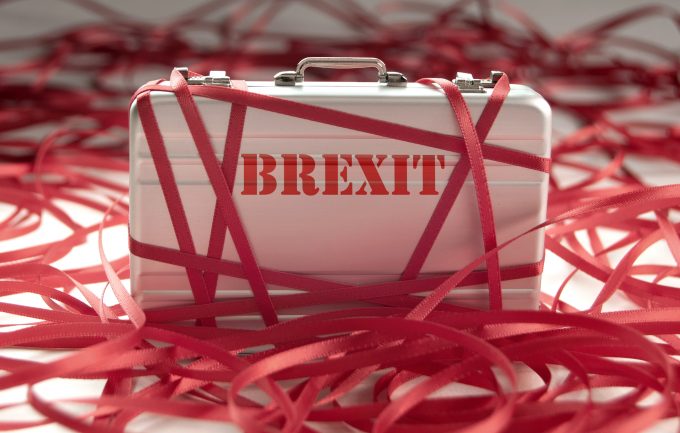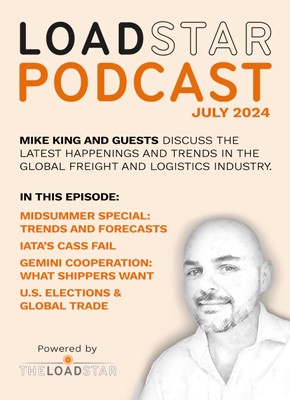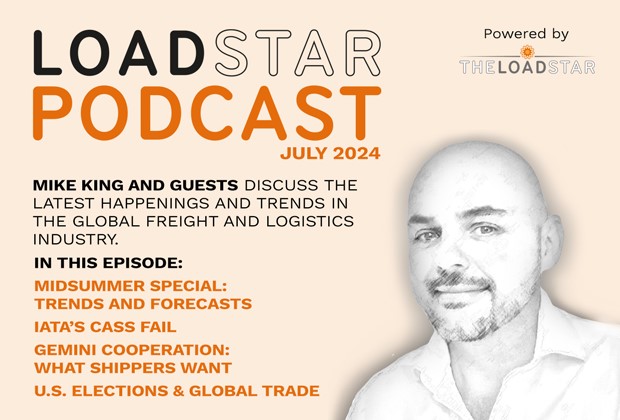
Businesses are warning of a 30% increase in the cost of goods, as news filters through that a Brexit deal may depend on the outcome of the US election.
Citing the UK’s former permanent representative in Brussels, Ivan Rogers, The UK’s Guardian newspaper reports that PM Boris Johnson would be prepared to risk a no-deal Brexit if Donald Trump regains the presidency.
The news comes amid heightened anxiety in the logistics sector over the limited amount of time firms will have to ready themselves.
In recent weeks, a number of forwarders have told The Loadstar that knowing the outcome of negotiations at the start of 2020 would have still left them little time to train customs staff, and that reports indicate a shortfall in trained staff is already being felt.
According to Bloomberg, shippers including Tesla and Heinz are “racing” to put plans in place that will allow them to cope with a shortage of customs brokers.
There are also concerns among many in the logistics sector over the time it will take for a final count on the US election to be made. Sources are telling The Loadstar they “need to know” how to proceed, after minister Michael Gove confirmed that even in the event of a Brexit deal, there would be no implementation period.
This could present a scenario in which a deal is struck in November, businesses only receiving the details in December and yet still be required to implement the associated changes by 1 January.
Expectations that a call last week between businesses, the prime minister and Mr Gove would elicit further details on negotiations failed to bear fruit.
Global head of Brexit for financial services at PWC Andrew Gray told the Future Relations with the EU Committee there had been a “broad expectation” that the call would provide “insight into negotiations”.
“It didn’t, and the broad message from the call was that business needed to prepare itself,” said Mr Gray.
CEO of Logistics UK David Wells has warned that a no-deal Brexit would lead to inflation, as the costs of household goods may increase by upwards of 30% under World Trade Organisation tariffs.
“This will make the household shopping basket much more expensive, particularly in the early part of 2021, when we rely on imports for much of our fresh food,” said Mr Wells. “And the actual cost of moving goods will also increase, if new vehicles, parts and tyres are also subject to tariffs.
“This is more than ‘turbulence’, as suggested by Mr Gove, and logistics businesses operating on 2% margins cannot afford to take on these costs.”



